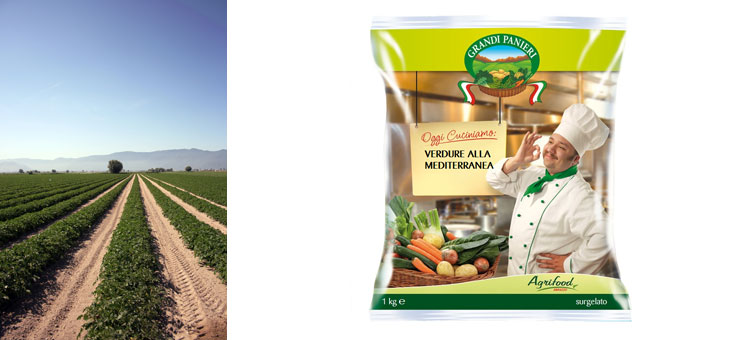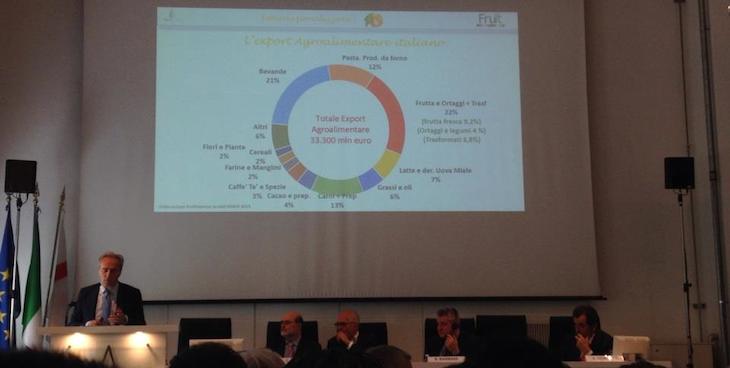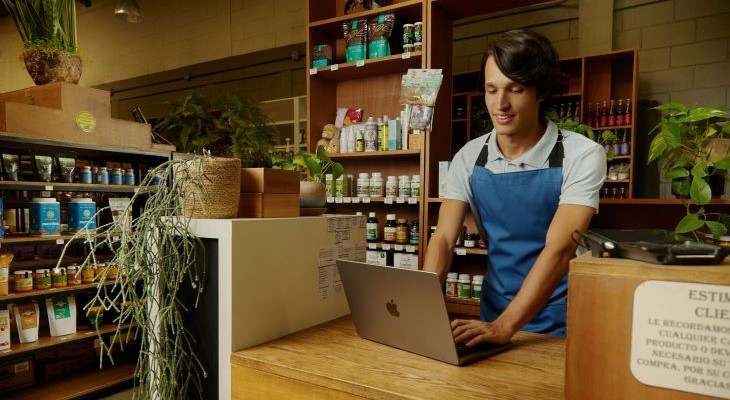Sustainable, that speak of their region, safe and of superior quality: the frozen vegetables of Agrifood Covalpa, result of the work of more than 400 fruit and vegetable producers and a dedicated Agronomy Department, follow the dictates of the third millennium. Based on the plateau of the Fucino (L’Aquila), the food group was founded in 1989 from the union of seven agricultural cooperatives and will present its products at TuttoFood, which will open at the Fiera Milano on 3 May. “This year the event has a very important role. – says Valeria Picco, Group Marketing Manager – TuttoFood will in fact be for us, producers of consumer products, the official showcase to exhibit our products to an international audience. Moreover, the eco-sustainable approach that distinguishes the central theme of EXPO also fits perfectly with our production principles and the attention to a greener diet, both in the sense of “richer in vegetables” and in the sense of “less impacting on the environment”, encourages, and will increasingly do so, the consumption of fresh and frozen vegetables”.
Safe and superior quality products, grown in the green heart of the Valle del Fucino, among pristine lands and surrounded by the Sirente-Velino Natural Park, the Mount Salviano Nature Reserve and the Abruzzo National Park. The choice of safe and top quality seeds, the fertile soil and the mountain micro-climate give the finished product excellent organoleptic properties. A combination of naturalness and attention to the most innovative farming techniques that take only the best of tradition and give priority to water conservation and sustainable farming, make the Agrifood-Covalpa consortium a true certainty in terms of food safety, quality and environmental sustainability.
“Our goal has always been and always will be to offer frozen vegetables increasingly similar – in appearance, taste and texture – to fresh vegetables in season. This is the true innovation that the consumer rewards and recognises”, explains Picco. Thanks to rapid processing and instant freezing at -18°C, it is in fact possible to “capture” all the nutritional goodness of the original product, thus keeping it intact until the end.
Finally, Agrifood Covalpa, thanks to its photovoltaic and cogeneration systems, not only avoids the emission of 653 tonnes of CO2, 764 tonnes of SO2, 693 tonnes of NOX and 33 tonnes of particles, but also facilitates the production of eco-sustainable energy.






